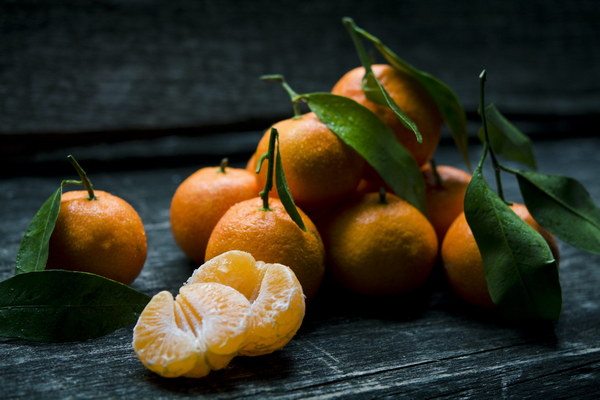Exploring the Wonders of Chinese Herbs A Guide to Common Tonifying Ingredients
In the realm of traditional Chinese medicine, herbs play a vital role in maintaining and improving one's health. These natural remedies have been used for centuries to balance the body's energy, or Qi, and address a variety of ailments. One of the key aspects of Chinese herbal therapy is the use of tonics, which are designed to strengthen and invigorate the body. In this article, we will explore some of the most common tonifying herbs used in Chinese medicine.
1. Ginseng (Panax ginseng)
Ginseng is perhaps the most well-known and widely used tonifying herb in Chinese medicine. This root is believed to boost the immune system, increase energy levels, and improve overall vitality. It is often used to treat fatigue, weakness, and stress.
2. Astragalus (Astragalus membranaceus)
Astragalus is another popular tonifying herb that is known for its immune-boosting properties. It is commonly used to treat colds, flu, and other respiratory infections. Additionally, astragalus is thought to help improve cardiovascular health and reduce the risk of cancer.
3. Codonopsis (Codonopsis pilosula)
Codonopsis is a lesser-known herb that is often used as a substitute for ginseng. It is believed to have similar properties, such as boosting energy and strengthening the immune system. Codonopsis is also used to treat respiratory conditions, anemia, and fatigue.
4. Dang Shen (Salvia miltiorrhiza)
Dang Shen is a root herb that is known for its ability to improve circulation and reduce fatigue. It is often used to treat heart disease, high blood pressure, and other cardiovascular conditions. Dang Shen is also believed to have a calming effect on the mind, making it useful for anxiety and stress.
5. Goji Berries (Lycium barbarum)
Goji berries are not just a delicious snack; they are also a powerful tonifying herb. These small, red berries are rich in antioxidants and are believed to improve vision, boost the immune system, and slow down the aging process. Goji berries are often used to treat fatigue, anxiety, and insomnia.
6. Rehmannia (Rehmannia glutinosa)
Rehmannia is a root herb that is often used to nourish the blood and replenish the kidneys. It is commonly used to treat anemia, weakness, and fatigue. Rehmannia is also believed to help with fertility and is often used in traditional Chinese medicine to treat female reproductive disorders.
7. Schisandra (Schisandra chinensis)

Schisandra is a fruit herb that is known for its adaptogenic properties, meaning it helps the body adapt to stress. It is believed to improve cognitive function, reduce fatigue, and enhance immune system response. Schisandra is also used to treat respiratory conditions, coughs, and colds.
8. Eleuthero (Eleutherococcus senticosus)
Eleuthero is a root herb that is known for its adaptogenic properties, similar to schisandra. It is believed to boost energy levels, improve mental clarity, and enhance the body's ability to cope with stress. Eleuthero is often used to treat fatigue, stress, and anxiety.
In conclusion, Chinese herbal tonics offer a natural and effective way to maintain and improve one's health. These herbs have been used for centuries to balance the body's energy and address a variety of ailments. Whether you are looking to boost your immune system, increase your energy levels, or simply maintain overall well-being, there is a tonifying herb out there for you. Always consult with a qualified healthcare professional before starting any new herbal treatment, as some herbs may interact with medications or have side effects.









